Being a music producer is more than just making cool tracks. If you're serious about a successful career in music production you're going to need to develop technical skills, creative strategies, and other essential qualities you need to make a mark for yourself in the music industry.
And while learning by doing is one of the best ways to cut your teeth, you can pick up a lot of useful information from reading. Books. Remember those? The thingies with paper in them?
Here at eMastered, we've scoured our (virtual) bookshelves and come up with a list of essential reading for music producers of any genre, at any stage of their career. The list is designed in part to educate - filling in any gaps you may have with technical aspects of music production knowledge; but also to inspire you to try new things and keep your creation workflow open.
"Show me a family of readers, and I will show you the people who move the world." – Napoleon Bonaparte
Essential Music Production Books
Technical
The books in this category are all about the nuts and bolts of music production. How to make good music; best practices for working with artists and band members; the recording process; the art of mixing and mastering; and fundamentals of music theory.
1. The Recording Engineer's Handbook (Bobby Owsinski)
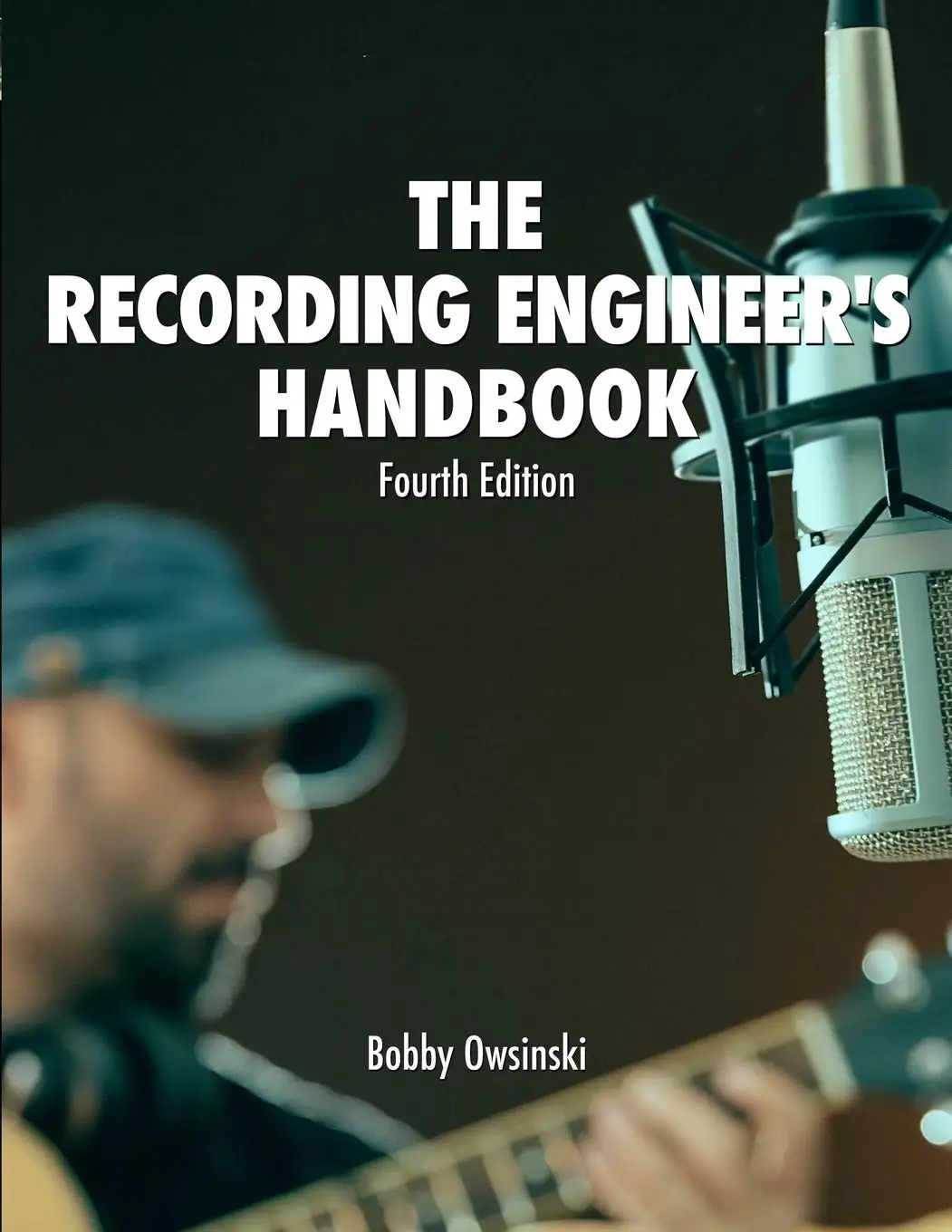
Growing up in small town PA, Owsinski learned the ropes of the music industry through trial and error. Decades of working as an engineer, producer, and session musician gave him in depth knowledge on producing music.
He has distilled this lifetime of learning into a series of books which cover recording, mixing and mastering. The Recording Engineer's Handbook is the first and is now in its fourth edition, the book has been updated to offer a comprehensive overview of studio recording in today's high tech environment.
Packed inside the 328 pages is everything you need to know about the art of recording, including an overview of recording elements, how mics work, techniques for any musical instrument, and more.
This book is so solidly packed with advice that it's become an industry standard.
If you like Mr Owsinski's approach you might want to take a look at the other two books in this series: 'The Mixing Engineer's Handbook' (covering the mixing process) and The Mastering Engineer's Handbook' (which, unsurprisingly, covers all the essentials to create great sounding masters).
Mixing Secrets For The Small Studio (Mike Senior)
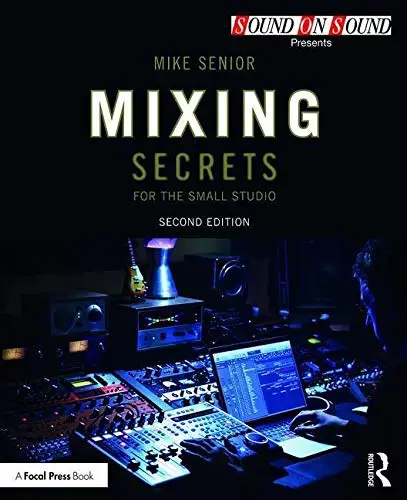
While Bobby Owsinski's trio of books includes one on the art of mixing, you'd be wise to check out Mike Senior's manual on how to get great sounding mixes in even the smallest studios.
This guide is chock full of modern recording techniques gleaned from leading audio engineers and mixing engineers, and gives the reader understandable lessons in how to apply different approaches to get a radio-ready mix.
Music Theory For Computer Musicians (Michael Hewitt)
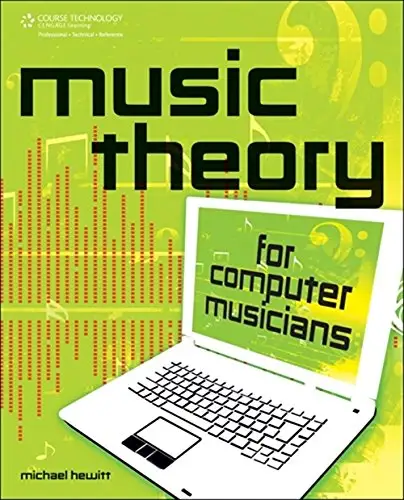
A lot of music producers are well-versed in making music, how different sounds work together, and different mixing styles, but lack any formal training in music theory.
While this isn't necessarily a bad thing, knowing something about how the sausage is made can really up your output, and take your creative process to the next level. And if you work with other bands and artists you'll be cheered for your musical wisdom.
So whether you work in niche metal or electronic music production, if your music theory is rusty, take a gander at Michael Hewitt's easily digestible guide. All the fundamentals of theory are explained in a simple, relatable way, using piano rolls instead of staves.
There's also a bunch of practical exercises to help you learn by doing.
If you want to dive even deeper consider Hewitt's second book, 'Harmony For Computer Musicians' to understand how to create lush vocal arrangements and more.
Business
Creating good music is only part of your job as a music producer. You also have to put on your grown-up pants and deal with the business side of things. Not always fun, but definitely essential if you don't want to be totally clueless and make hideous career blunders.
The following books will help you understand the murky underworld of the music business, know what you're entitled to, and give you more confidence when it's time to sign on the dotted line.
The Music Producers Handbook (Bobby Owsinski)
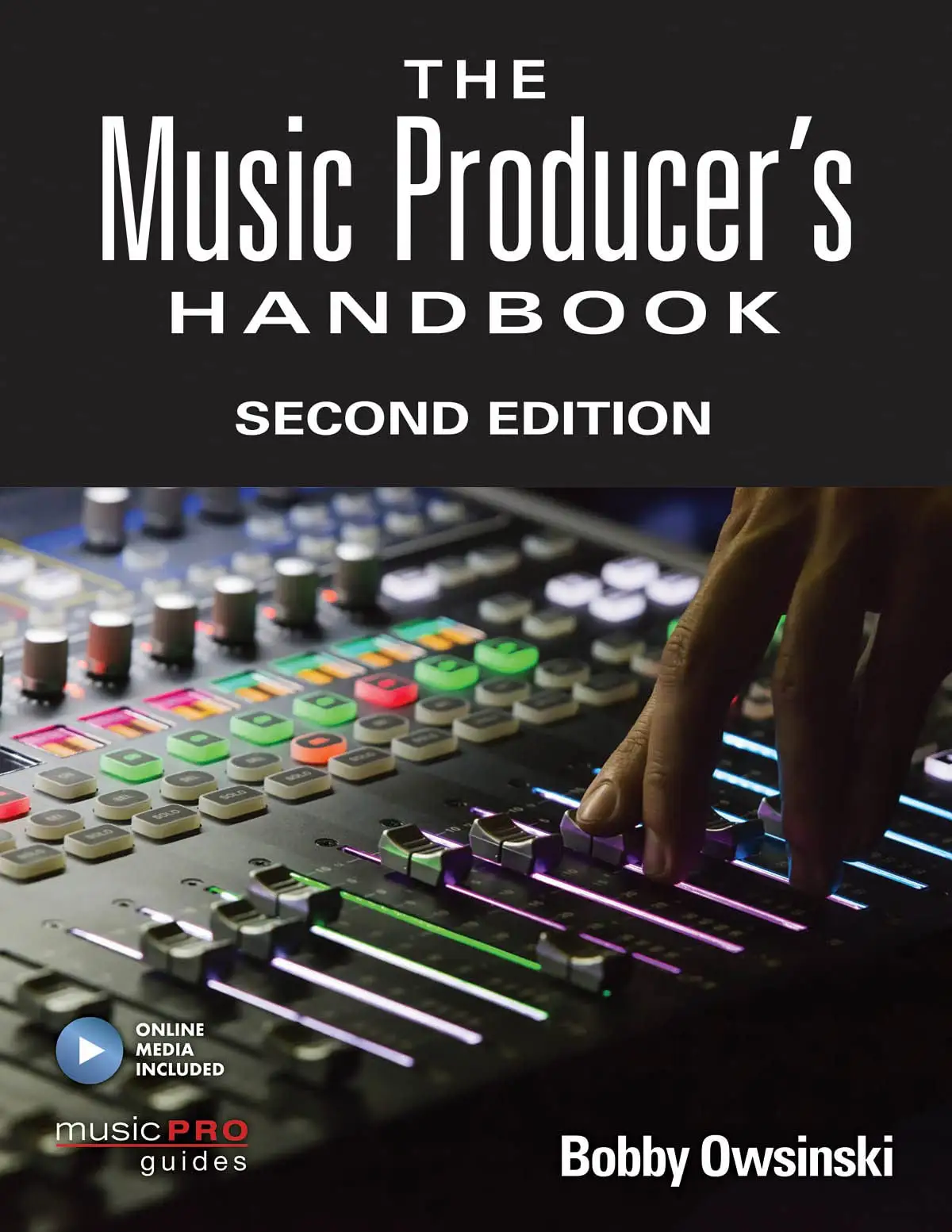
Yes, we're back with Bobby! In this book, Owsinski covers absolutely everything you need to know about being a producer, including all the multiple hats you have to wear. (Budgets? Contracts? Hiring session players? What now?)
A particularly useful section tackles the art of being a diplomat and psychotherapist to the artists you work with - an often overlooked (or not-thought-about) aspect of making music.
In addition you'll learn tips for troubleshooting and fixing a song that isn't working, how hybrid producers are making money in our brave new streaming world.
If you're serious about being an all-round producer, this book will give you all the knowledge you need.
How To Make It In The New Music Business (Ari Herstand)
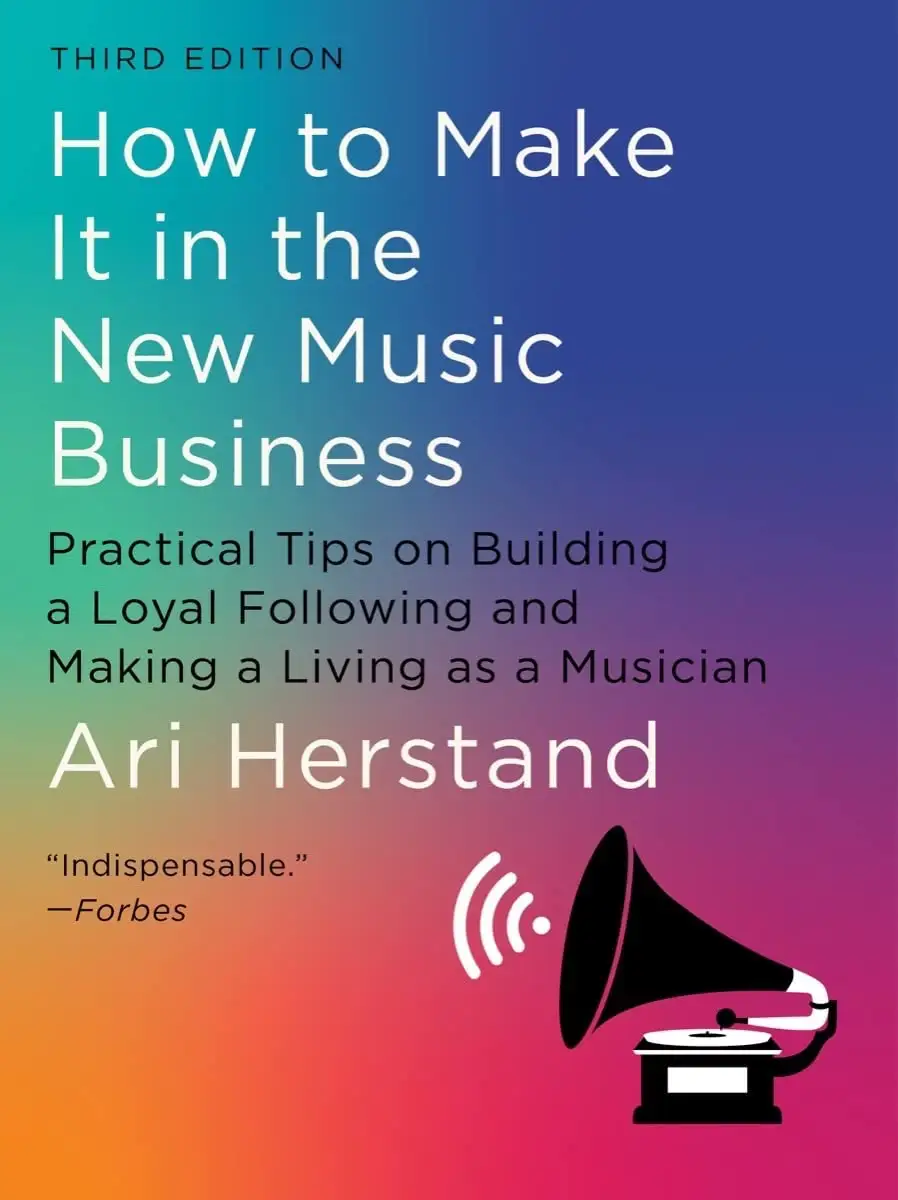
Ari Herstand's road map through the music industry has become prevalent on music school reading lists since its publication in 2016.
Now in its third edition, this business how-to book covers every aspect of being an independent musician. While the text is more geared towards artists who want to stay away from the greasy hands of major labels, there's a hell of a lot of sage advice in here for music producers who want to carve their own path.
Being a producer is as much an art as being an artist, and Herstand's book will help you plot out your path to global industry domination (or you know, making a decent career out of it at least).
And again, if you work with other artists and bands, this book will help you guide them on the right path.
Standing On The Shoulders Of Giants
Sometimes it's great to just get inside another music producers head and see how they work. Maybe you'll take away some useful tricks, or maybe you'll be inspired by their long and successful career.
Either way, there is immense value in reading the bio of a legendary music producer, so here's our selection.
Rick Rubin: In The Studio (Jake Brown)
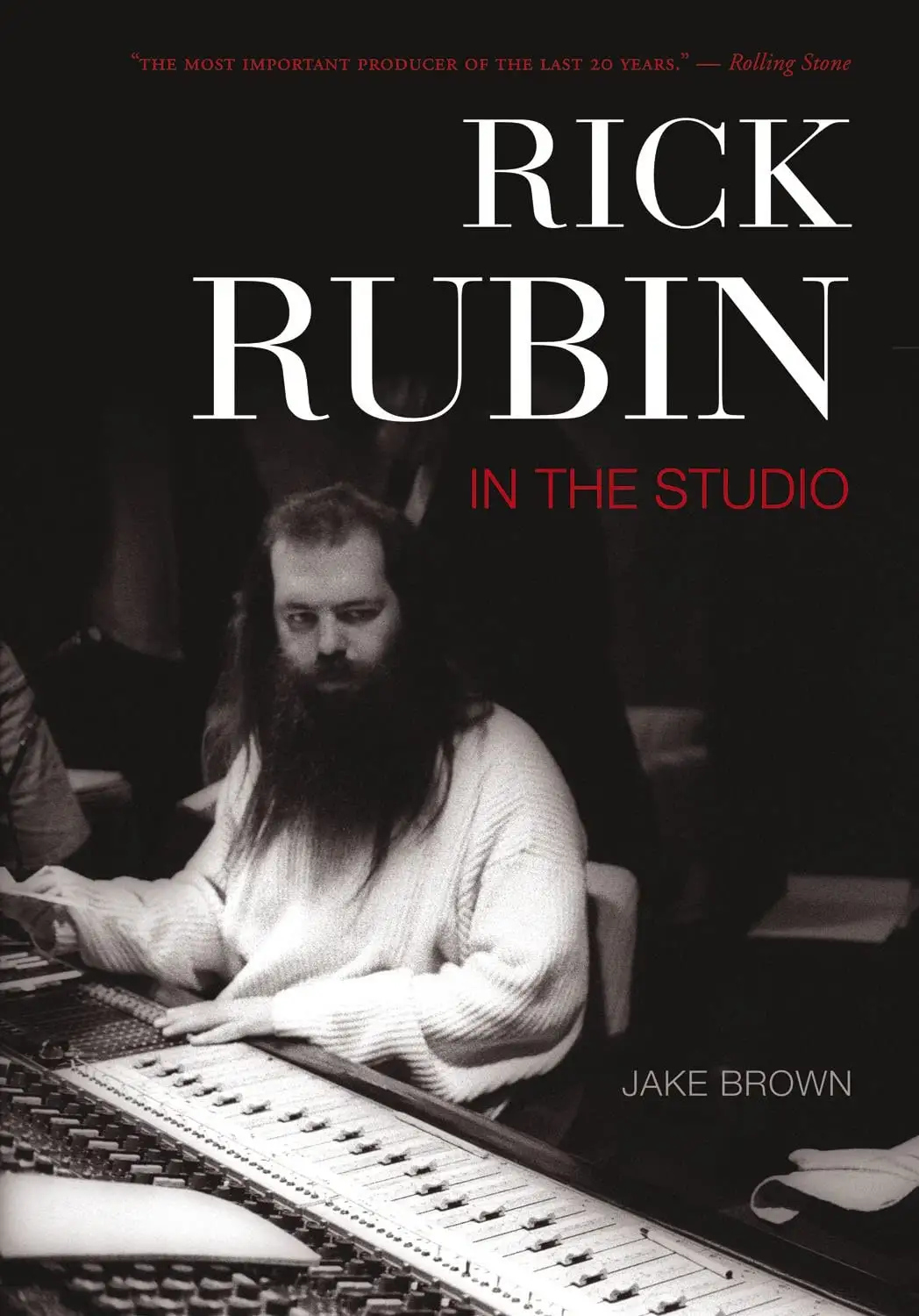
Rick Rubin has worked with such a variety of artists - Metallica, Red Hot Chili Peppers, and Jay-Z, to name but a few. He's without a doubt one of the most influential music producers of all time.
Jake Brown's in-depth chronicle of Rubin's career and unique recording philosophy will educate and inspire you to your own level of greatness.
Behind The Glass Vol II (Howard Massey)
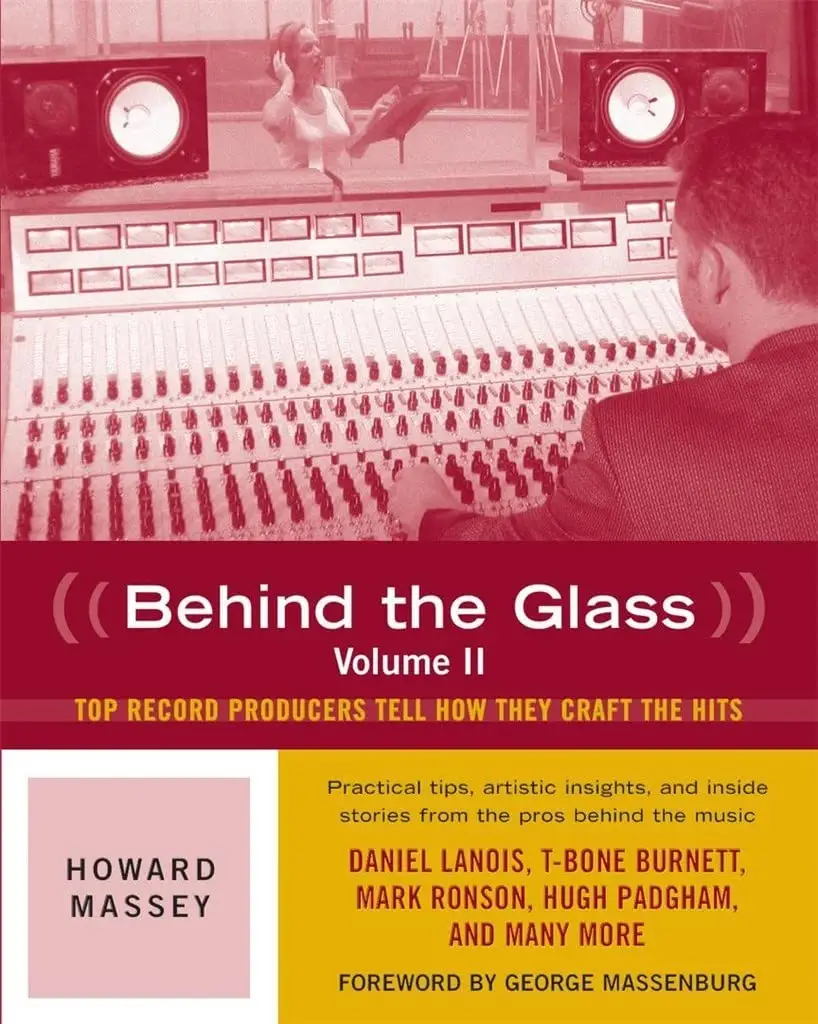
Howard Massey's 'Behind The Glass' series is a top-notch collection of in-depth interviews with high profile recording engineers and producers.
Inside they share their time-tested techniques and creative process in making music, as well as modern best practices.
Don't be put off by the interview format of the book. There's a ton of gems in here that will get you thinking outside the box, and help you craft your own producing style.
If you dig biographies as a source of learning, consider also taking a look at:
- 'The Emperor Of Sound: A Memoir' (Timbaland)
- Q On Producing: The Soul & Science of Mastering Music and Work' (Quincy Jones)
- and 'All You Need Is Ears' (George Martin)
Inspiration
The books in our final category are not specifically related to music production. But as a creative you'll need to top up your inspiration well from time to time, and the books in this category are guaranteed to do exactly that.
The Go Giver (Bob Burg/John David Mann)
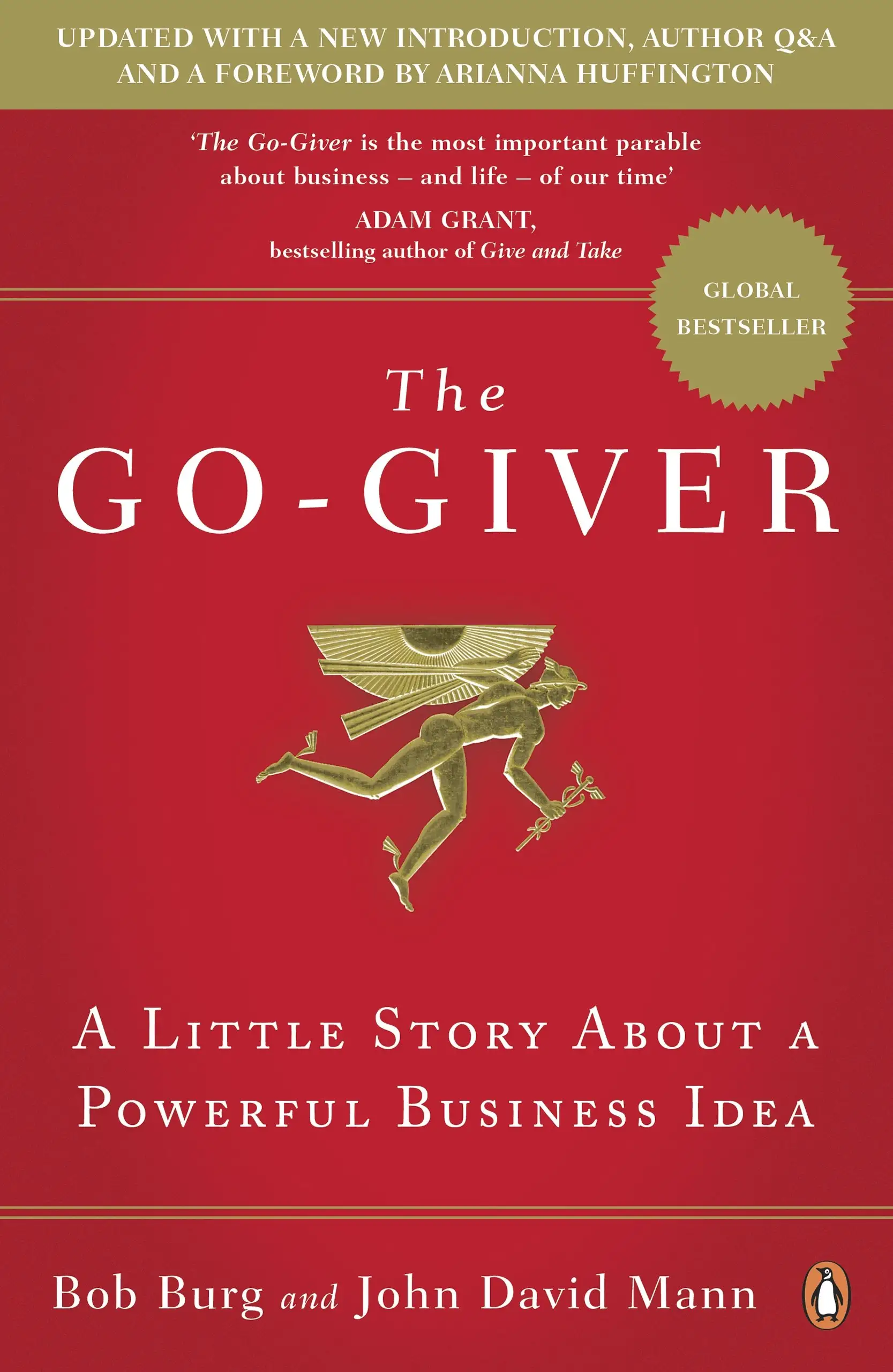
This best-seller is business strategy in the form of a parable. You may be wondering how working in the production world can benefit from employing business methods - the answer is: it's not all about you.
Reading this book will give you a fresh insight into how you as a music producer can connect with the people you work with (and for) and grow your career.
The Subtle Art Of Not Giving A F*** (Mark Manson)
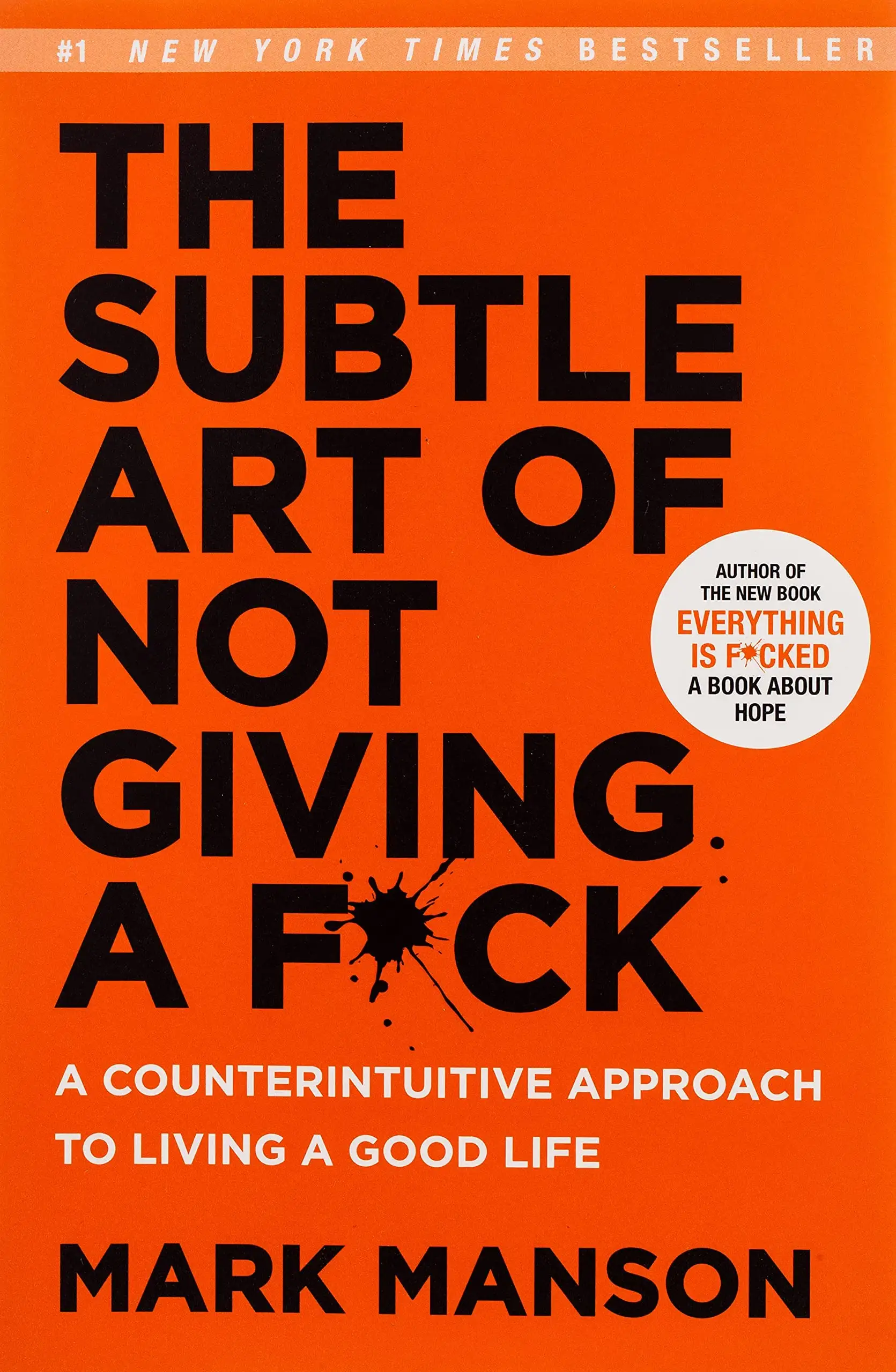
As you journey through your music career there'll be times when you begin to question your choices, and wonder if you're doing the right thing. Sometimes your own voice can get lost in the cacophony of the million other voices out there clamoring for your attention.
And this is where Mark Manson's approach to living your best life will help you get back on track to produce music and enjoy the journey.
Making Music: 74 Creative Strategies for Electronic Music Producers (Dennis DeSantis)
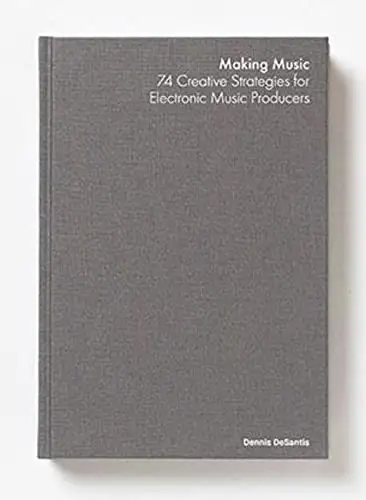
Although the title of this book suggests its exclusively for electronic music production, the strategies in it can be applied to any genre, and any instrument(s).
DeSantis has compiled a great collection of problem scenarios, and creative techniques for overcoming these obstacles. Whether you're stuck on how to start, develop, or finish a track, his suggestions will get your mouse moving again.
The hardcover edition is a little pricey, but it's much more affordable on Kindle, or as a .pdf from the Ableton site. I'd say it's $10 worth investing in order to broaden your horizons.
Oblique Strategies (Brian Eno/Peter Schmidt)
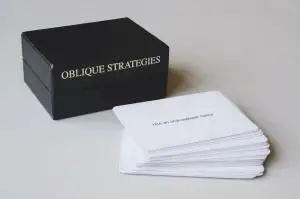
Brian Eno has worked with some of the world's biggest artists, so he knows a thing or two about being a producer. Oblique Strategies is an intriguing set of cards, each of which is a suggestion of a course of action or thinking, designed to help artists create boxes around, and inspire, their work.
No, it's not strictly a book, but it's a useful tool to have around the studio when you're not sure which direction to take. If it's good enough for the likes of Coldplay and MGMT, then it's good enough for me.
Unlike the rest of the books on this list, Oblique Strategies isn't available on Amazon. You can get it directly from Eno's website: https://www.enoshop.co.uk/product/oblique-strategies.html
Conclusion
There's a whole bunch of reading on this list, and the prospect of forking out moolah for all the books may fill you with dread. E-books are cheaper, yes, and YouTube videos are free.
But there's benefits to having a physical book, with your own markers that you can return to again and again.
My advice? See what you can get from your local library. And if a books resonates with you, grab a physical copy and go nuts with your Sharpie highlighter.
Or to put it another way, even if you buy every book on this list it's still cheaper than going to college. Which leaves more money for plugins. Yay!





